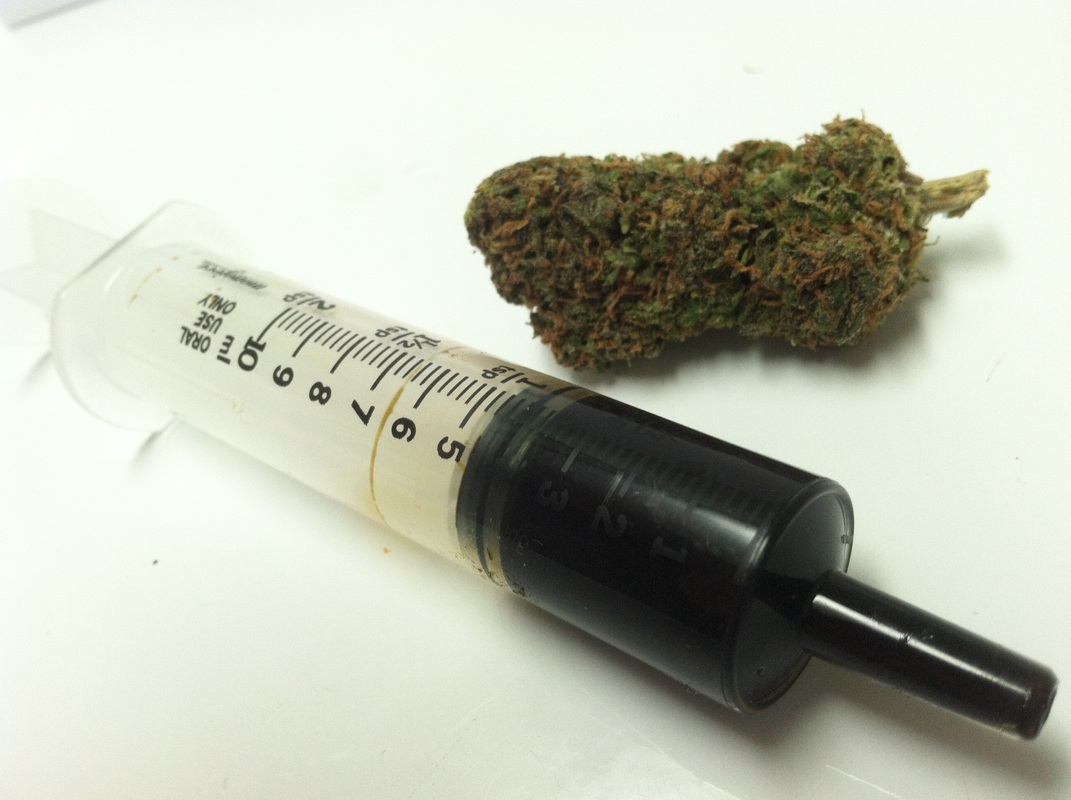Cannabidiol study finds CBD reduces seizures in those with treatment-resistant epilepsy
02/18/2018 / By Michelle Simmons

A new study published in the journal The Lancet has found that cannabidiol can be used as a treatment for Lennox-Gastaut syndrome patients.
- The study’s authors examined the effectiveness and safety of cannabidiol as a therapy for patients with seizures linked to Lennox-Gastaut syndrome.
- In the study, the authors examined 171 Lennox-Gastaut syndrome patients who were two to 55 years old from the Netherlands or Poland. The authors looked at the efficiency of cannabidiol as an additional therapy in managing drop seizures of patients with a treatment-resistant form of the disease.
- At the beginning of the study, the patients were highly resistant to treatment suffered at least two drop seizures a week each month.
- The authors randomly divided the participants into two groups and administered either 20 milligrams per kilogram (mg/kg) of cannabidiol each day or placebo for 14 weeks. At the same time, the participants or the caregivers recorded the number and types of seizures, medication use, and adverse events daily.
- Results showed that drop seizures decreased by 43.9 percent for the cannabidiol group, in comparison with the 21.8 percent decrease in the placebo group.
- The cannabidiol group also had lower levels of other seizures, and monthly frequency of all seizures decreased by 41.2 percent, in comparison with the 13.7 percent decrease in the placebo group.
- However, 62 percent of the cannabidiol group participants experienced side effects related to the treatments, including diarrhea, drowsiness, fever, decreased appetite, and vomiting, compared with 34 percent control group participants.
Overall, the study indicates that cannabis drug reduces the risk of seizures by about 50 percent.
Journal Reference:
Thiele EA, Marsh ED, French JA, Mazurkiewicz-Beldzinska M, Benbadis SR, Joshi C, Lyons PD, Taylor A, Roberts C, Sommerville K, et al. CANNABIDIOL IN PATIENTS WITH SEIZURES ASSOCIATED WITH LENNOX-GASTAUT SYNDROME (GWPCARE4): A RANDOMISED, DOUBLE-BLIND, PLACEBO-CONTROLLED PHASE 3 TRIAL. The Lancet, 2018. DOI: doi.org/10.1016/S0140-6736(18)30136-3
Tagged Under: cannabidiol, cannabis drug, CBD, Lennox-Gastaut syndrome, medical marijuana, seizures



















